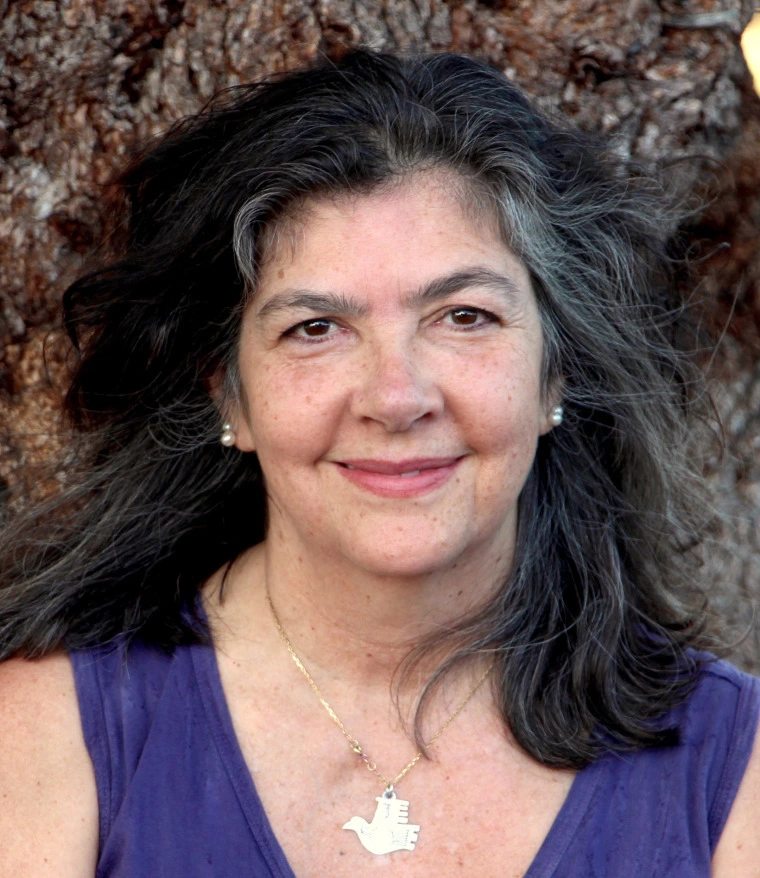Marcela Vásquez-León

She is an applied anthropologist with 20 years of experience working with rural communities throughout Latin America and the U.S./Mexico borderlands. As rural societies confront increasingly severe global environmental, economic, and political crises, her work provides detailed empirical field-based understandings of how local populations deal with environmental risk, economic insecurity, and oftentimes violent displacement. Through continuous grant funding, she has developed a strong record of research and outreach, managing several large interdisciplinary and multiyear projects within the framework of long-term community-based participatory research. Her public and academic scholarship focuses on environmental conflict and maritime anthropology; social vulnerability to climate change; grassroots development and collective organization; and human rights and violent displacement. She has been a Fulbright fellow in Sonora, Mexico, and has done consulting work for the United Nations, with a focus on Colombian Refugees and displaced populations.
In addition to numerous peer-reviewed journal articles and agency reports, she published an edited volume titled “Cooperatives, Grassroots Development, and Social Change: Experiences from Rural Latin America” (2017), University of Arizona Press, and is co-author of “Portraits of Cuba” (2020), University Press of Florida. She has produced several bilingual documentaries that reflect her partnership with small-holder cooperatives in Brazil and Paraguay and her long-term work with fishing communities in the Gulf of California, Mexico. Through her broad understanding and extensive social and scholarly networks in Latin America, she has also been a regular contributor to the PBS series “In the America’s with David Yetman,” with significant contributions to programs in Colombia, Guatemala, Uruguay, and Ecuador.
As an educator, she provides learning opportunities to students both in the classroom and in the field. Since 2016, she has been Director of the Women’s Leadership Institute for Latin American Indigenous and Afro-descendant Students, a Study of the U.S. Institute (SUSI) funded by the U.S. Department of State. Prior to the current institute, she co-directed a SUSI for Indigenous Latin American student leaders (2009-2015) with Dr. Alberto Arenas (College of Education). Overall, the program has contributed to the development of 560 Latin American young leaders from underserved communities in twelve different countries.
At the UArizona she teaches courses on Environment and Conflict, Qualitative Methods, Latin American Perspectives, Drug wars and Oil fortunes, and Mexican Food and Culture, which includes a spring break component in the state of Oaxaca. She started and led a study abroad program in Cuba for five years, which continues under the direction of Dr. Dereka Rushbrook (Geography); she also started an internship program in Fortaleza, Brazil, in collaboration with the Department of Spanish & Portuguese, and a Maya Kaqchikel summer language program in Guatemala. She is currently working in collaboration with Dr. Susan Brewer-Osorio (CLAS) and the Universidad Javeriana in Bogotá, on a study abroad program in Colombia. In addition, she collaborates with faculty in the Universidad de la República, Uruguay with a co-convened online course on Indigenous Peoples of North and South America.
As CLAS director, she has led efforts to obtain several highly competitive grants, including two U.S. Department of Education Title VI National Resource Center and Foreign Language and Area Studies grants, and two Undergraduate International Studies and Foreign Language grants. Under her tenure, CLAS also became a founding member of the Tinker Foundation Field Research Collaborative, which supports graduate students conducting field research in Latin America. She serves on the Executive Committee of the Consortium for Latin American Studies Programs (CLAS) and is part of the Board of Directors of the Confluence Center. With support from CLAS’ staff, faculty, and students, she has built a comprehensive teaching and outreach program with broad local, national, and international impact.

